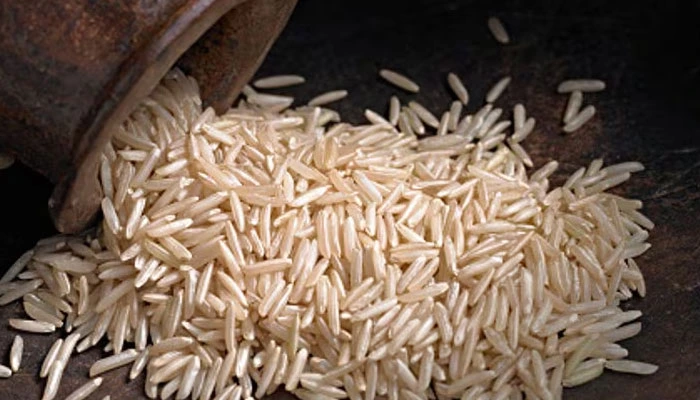Pakistan and India were fighting in the international markets over exclusive rights in the trade of Basmati Rice.
Pakistan Wins Against India on Basmati Rice Dispute. Pakistan has secured a major victory in the global Basmati rice battle, with New Zealand and Australia officially recognizing it as a Pakistani product. The European Union is also expected to rule in Pakistan’s favor. Pakistan’s right is given after historical evidence confirms Basmati’s origins in Pakistan’s Hafizabad district.
Despite India’s efforts to claim ownership, traders and experts have proven Pakistan’s right. With exports reaching $4 billion, Pakistan remains a key player in the $27 billion global Basmati market.
Experts emphasize that geographical rights protect Pakistan’s claim under international law.
Pakistan’s Basmati rice is known for its superior aroma, quality, and competitive pricing.
Alarmed by Pakistan’s rising exports, India has been attempting to take control of the Basmati trade, but its efforts have backfired.
Exporters, including Chaudhry Tanveer, argue that India does not produce authentic Basmati.
Instead, Pakistan’s Basmati is shipped to Dubai, where Indian traders rebrand it as their own before exporting it further.
Historical records further weaken India’s claims — according to data submitted to the Food and Agriculture Organisation (FAO), India had not exported a single grain of Basmati before 1965, whereas Pakistan was already exporting it to Europe and Gulf countries in the 1960s.
Trade expert Shams-ul-Islam stated that while the Pakistan-India dispute over Basmati ownership in the EU has faced delays, intellectual property laws protect the original producer.
He emphasised that India’s objections lack merit and that the geographical indication (GI) certification should rightfully belong to Pakistan.
With the rising importance of geographical protection in trade, securing exclusive rights to Basmati rice remains a crucial economic and strategic goal for Pakistan.





